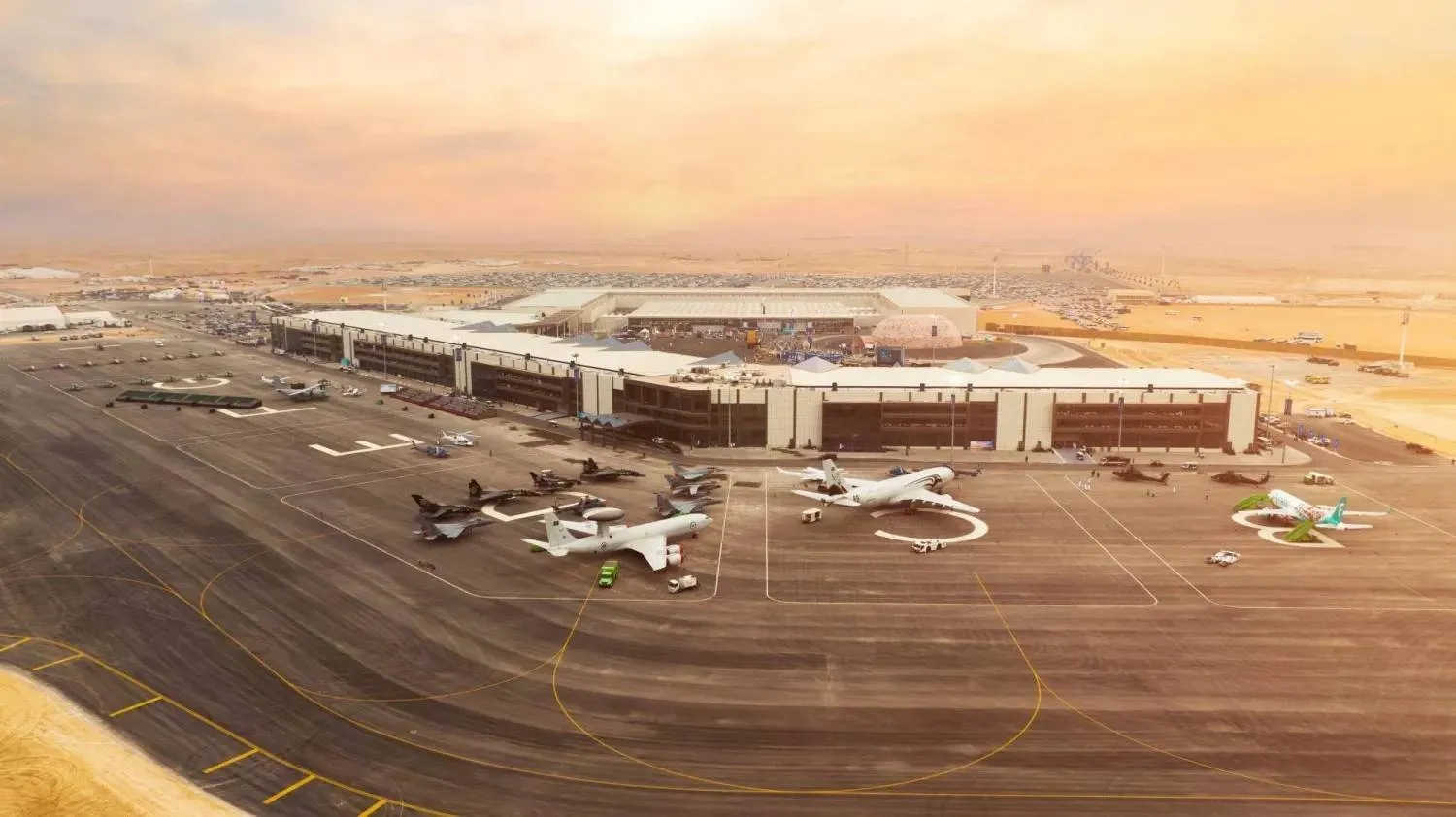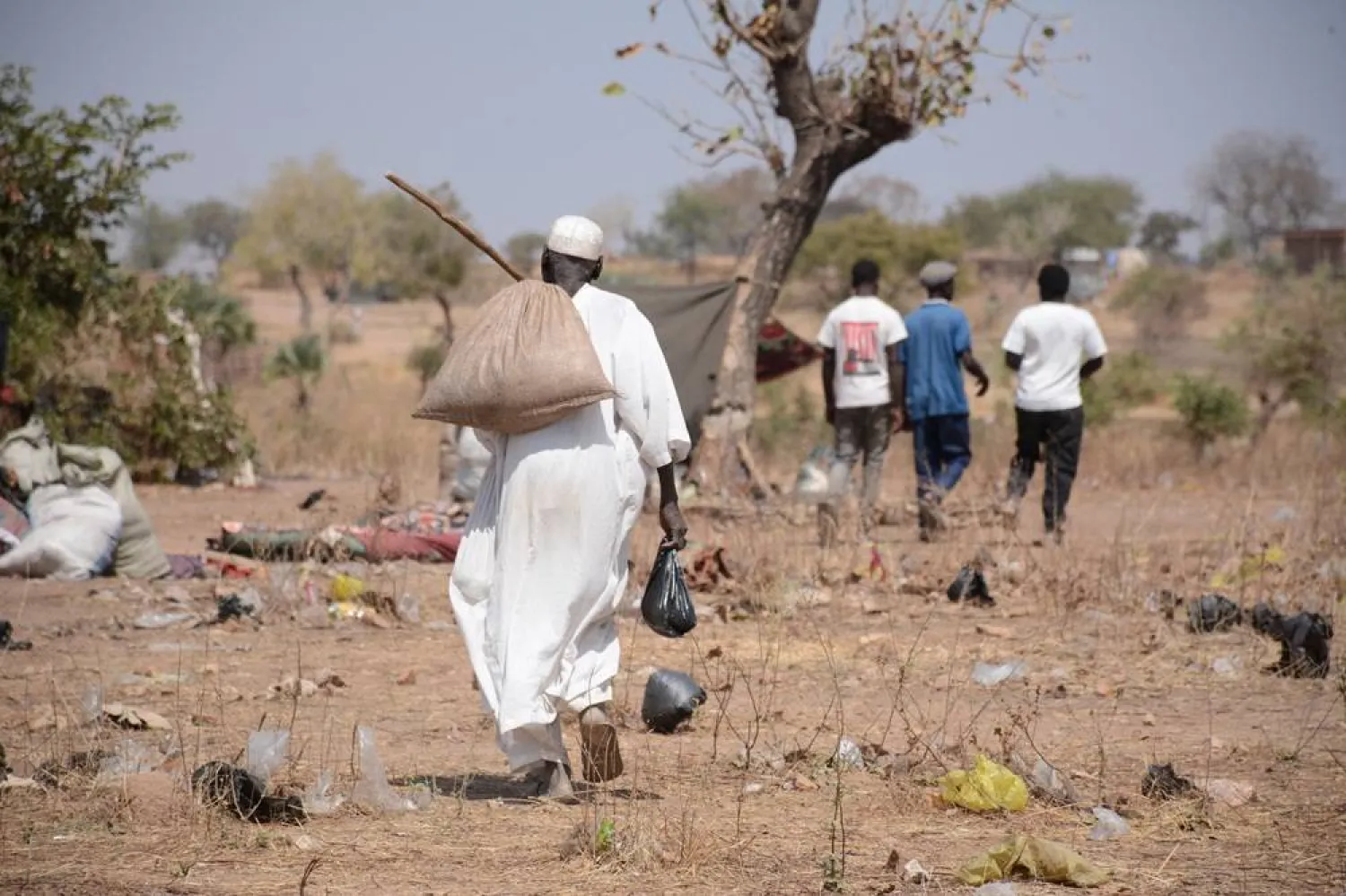New data published by search engine Google showed that Gulf Cooperation Council (GCC) countries ranked top worldwide in social distancing and home quarantine.
This comes in the framework of health precautionary measures imposed by GCC authorities to stem the spread of the novel coronavirus.
Gulf states achieved advanced ranks in this indicator despite the continued freedom of mobility in some GCC countries. Mobility restrictions have only taken place under necessary circumstances and at specific times.
According to Google, Bahrain ranked fifth worldwide in experiencing the reduction of public mobility with -31%, following South Korea, Japan, the US and Singapore.
The UAE, Kuwait, Saudi Arabia, Oman, and Bahrain are at the forefront of the social distancing ladder.
Across all metrics, the average reduction for the whole of the GCC during the first three months of 2020 was 34.1%. Bahrain experienced the least mobility reduction in the region at -21.2% – followed by Kuwait (-36.3%), Oman (-37.8%), Saudi Arabia (-38.5%) and the UAE (-42.33%). Residential mobility, as well as the grocery and pharmacy segment, were least impacted across the region, with respective changes of -27% and +22.83% on average.
The most substantial effects were recorded in the transit and retail segments, with average reductions of -60% and -53.2% respectively, due to a series of protective measures against COVID-19 put in place across the GCC. These have included lockdowns or curfews by Oman, Saudi Arabia and the UAE, while all nations have suspended the majority of passenger flights to combat the spread.
Ministers from GCC countries have been keeping in close contact during recent weeks via virtual meetings to discuss economic impact and avenues of mutual support.
Omar Al Ubaidly, Director for Studies and Research of Bahrain Center for Strategic, International and Energy Studies (Derasat,) emphasized the importance of taking early steps against COVID-19.
"The question of how to balance health and economic interests during the pandemic is a very difficult one being faced by all countries,” Ubaidly said.
“What is certain is that any tradeoff between the two is significantly improved by having better levels of preparation and testing," he added.
The World Health Organization (WHO) has praised the response of GCC states and the measures they have taken to combat the epidemic.









